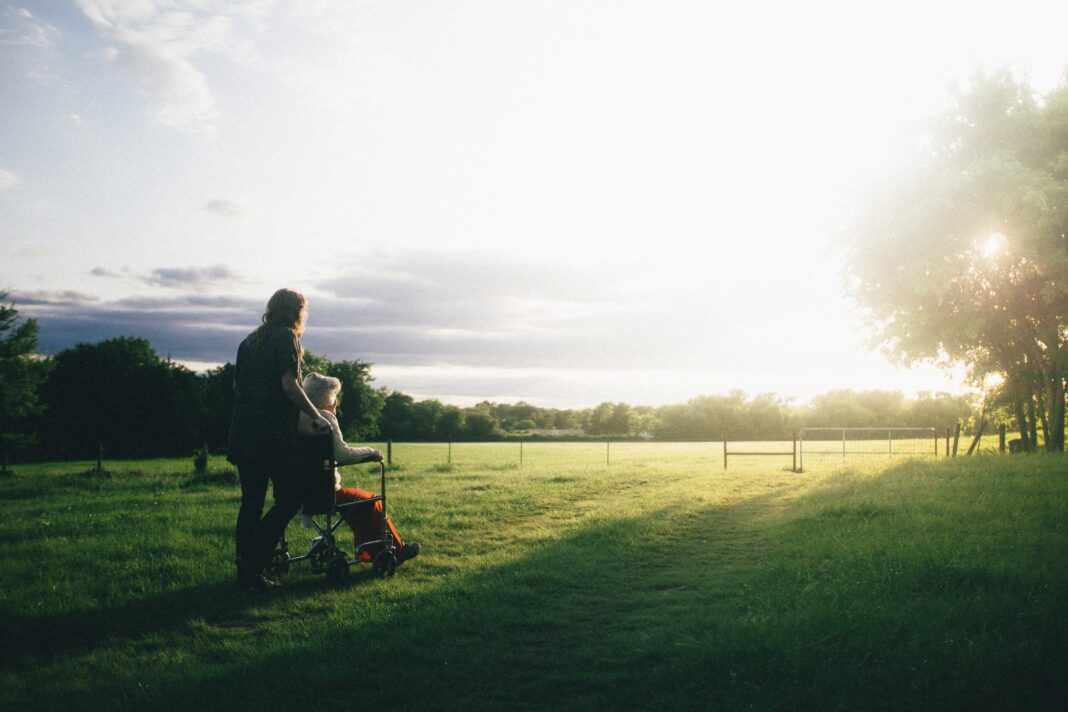UNITED STATES—A caregiver is needed when someone is unable to perform their daily tasks and activities. The inability may have been caused by old age, illness or some disability. If no family member is available to take up the responsibility of caregiving for the loved one, nowadays you can hire a certified caregiver who gets paid out of your CDPAP funds. There are also contracts that list down a caregiver’s responsibilities and limitations. This helps to avoid any conflict, ambiguity or resentment between the family members and the caregiver.
Based on the level and duration of support required, a caregiving contract is crafted. While the veteran or disabled is assured of excellent care, the caregiver too is protected from exploitation. Read ahead for some top caregiver expectations and responsibilities.
- Create a care plan
Apart from providing what’s listed on the caregiver contract, a caregiver should also list down a caregiving plan and medical needs of the loved one. It helps to determine the number of days and hours of care the loved one may need. The primary caregiver can share a copy of the care plan with both the back-up caregiver and the loved one’s family.
- Assist with basic needs
Some veterans and disabled people struggle with their daily activities such as walking, eating, bathrooms etc. A certified caregiver can assist with these activities. They can check in often to analyze and understand if they need any extra assistance.
- Companionship
With old age and ailing health a loved one may struggle with loneliness, depression etc. Also, stress can have some serious consequences. So even simple activities like watching television or taking a walk when done with assistance of the caregiver can boost confidence and create opportunities to strengthen the bond. Happiness can increase the willingness to live for the veteran or the disabled individual.
- Keep track of medications
Old age and nervous system problems can hamper a loved one’s memory. So they might take the same medicine twice due to poor memory. As a result, they might drool for the rest of the day. Hence, it is important to help them keep track of their prescribed medicines and dosages at the right time. This can’t be neglected because certain drug interactions can prove to be life threatening. As a caregiver, one can create reminder systems with specific medicine names.
- Prevent injuries in the house
As a caregiver, it is also your responsibility to manage furniture in the house to prevent injuries during walking. Arrange things in a way to prevent the loved ones from banging or cutting themselves against sharp corners.
- Help with housekeeping
If the loved one’s housekeeping help is on leave someday, the caregiver can choose to dust the house to prevent any diseases from spreading. Veterans maybe at risk of contracting a disease or infection.
- Arrange for transportation during doctor appointments
The inability to perform daily activities also restricts your loved one’s ability to perform tasks like driving to the hospital for a doctor’s appointment and other activities. So then it becomes the caregiver’s responsibility to transport the loved one to her doctor or wherever that she needs to be.
- Revise your care plan
With time, the circumstances and your loved one’s health condition will inevitably change, for good or worse. Compare your caregiving duties between the day you joined and the present. Keep a note of the improvements, behavior changes (if any) and the vitals on a regular basis.
Conclusion
If you believe that you have accomplished all the goals you had set for yourself as a caregiver, request your loved one to write you a recommendation for your portfolio.






